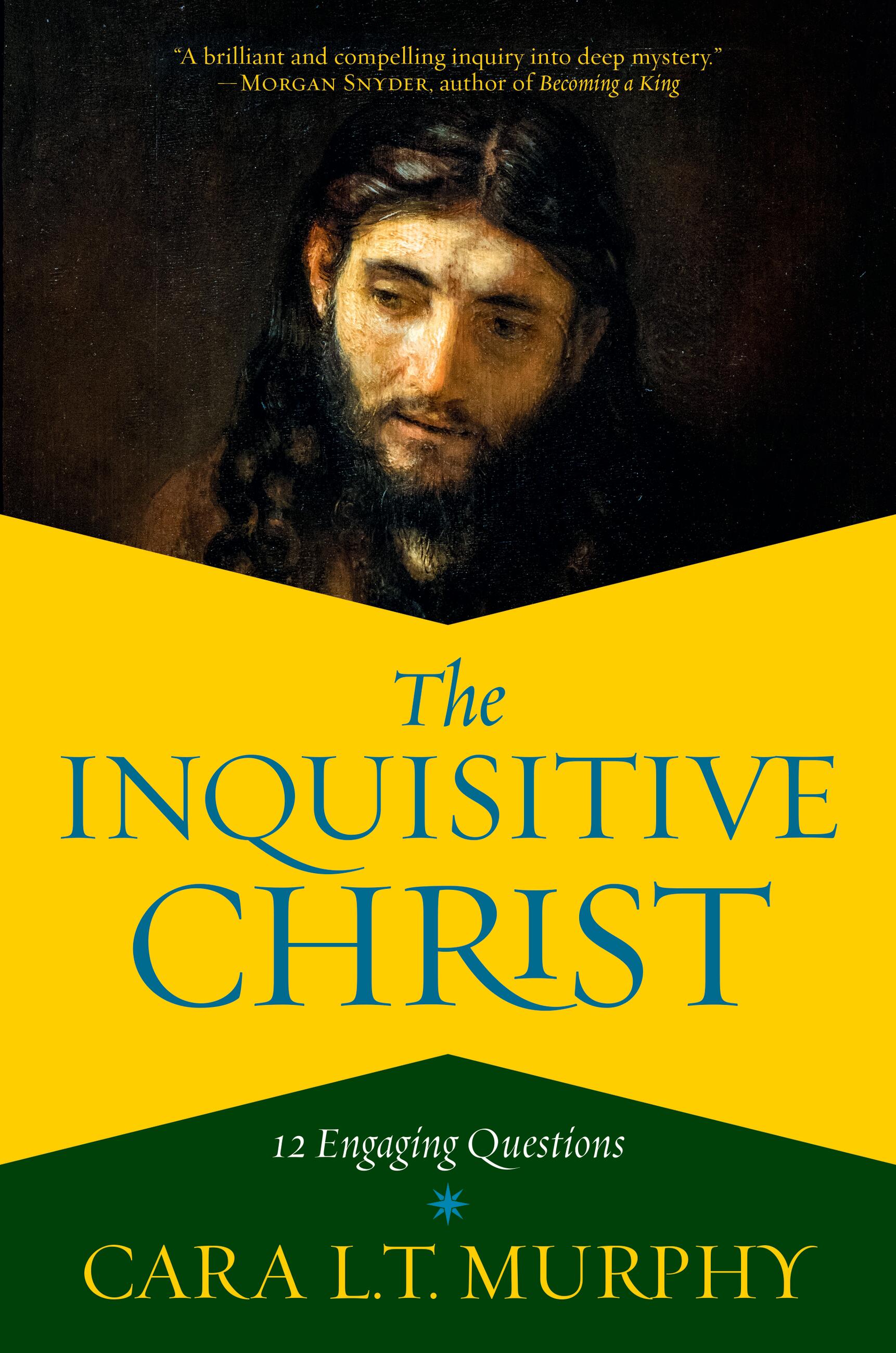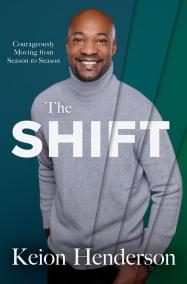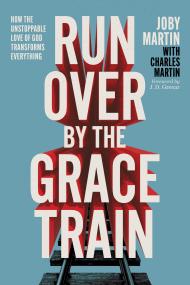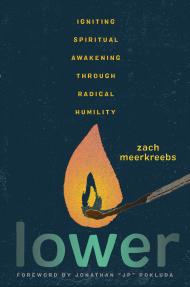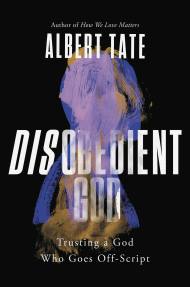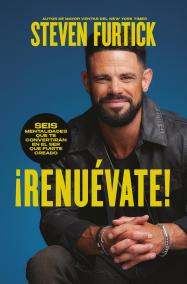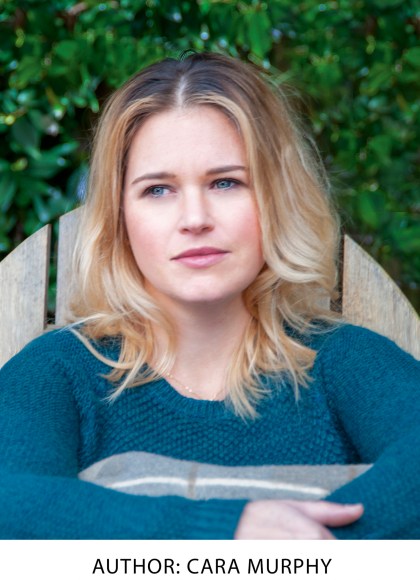By clicking “Accept,” you agree to the use of cookies and similar technologies on your device as set forth in our Cookie Policy and our Privacy Policy. Please note that certain cookies are essential for this website to function properly and do not require user consent to be deployed.
The Inquisitive Christ
12 Engaging Questions
Contributors
Formats and Prices
- On Sale
- Mar 24, 2020
- Page Count
- 288 pages
- Publisher
- FaithWords
- ISBN-13
- 9781546038375
Price
$37.00Price
$47.00 CADFormat
Format:
- Hardcover $37.00 $47.00 CAD
- ebook $12.99 $16.99 CAD
- Trade Paperback $21.99 $28.99 CAD
This item is a preorder. Your payment method will be charged immediately, and the product is expected to ship on or around March 24, 2020. This date is subject to change due to shipping delays beyond our control.
Buy from Other Retailers:
In this inspiring book, learn to know Jesus more deeply by exploring twelve questions He uses to bring us closer to Him.
There is an incredible truth about the nature of Christ: the Son of God is a curious God who asks. And His questions are life changing. The answer to your need for connection, to your spiritual doubt and restlessness, can be found by examining God’s questions.
Scripture reveals that Jesus asked over 300 questions to teach, engage, and invite us closer. Now, experience an intimate and transformative conversation with the Son of God by exploring twelve of the most powerful questions from the Gospels. Through Christ’s questions, you’ll be captivated by the truth of His love and desire to walk in union with you, His Kingdom preparations for you, and the relevance of His promises in your life. Let Jesus ask and He’ll ignite your imagination, intellect, heart, and soul.
-
"[A] call to a vital and powerful relationship with Jesus...delivered with a prophetic power that will bring many readers to a point of decision."-Dr. Donald Fowler, former book review editor, Grace Theological Review
-
"Jesus used two disarming methods to lovingly lay bare the human heart: question and story. In THE INQUISITIVE CHRIST, Cara Murphy, by way of Scripture and strikingly honest personal stories, leads us deep into the questions Jesus asked--and still asks. The Master, we learn, never uses questions to shame or accuse but always to invite and illuminate and usher us, if we're willing, into freedom and life."-Brian Morykon, director of communications, Renovaré
-
"It's been a long time since I've read a book with such lovely prose. It's been a long time since I've read a book that asks such probing questions. THE INQUISITIVE CHRIST is an exquisite work, one for those who seek not only truth, but goodness and beauty, too."-Karen Swallow Prior, author of On Reading Well and Fierce Convictions
-
"Cara L. T. Murphy offers an exquisitely unique and refreshing look at the spacious questions of Jesus Christ. As she skillfully guides you into their rich and powerful complexity, you will find yourself on an adventure with God that is profoundly intimate and real."-Dr. Lisa Sosin, psychotherapist, professor, Ph.D program director
-
"A journey with THE INQUISITIVE CHRIST through our failures, confusion, and suffering to the authentic and intimate relationship with the God our restless hearts long for."-Dr. Mark D. Allen, executive director, Center for Apologetics and Cultural Engagement, Liberty University, and coauthor of Apologetics at the Cross
Newsletter Signup
By clicking ‘Sign Up,’ I acknowledge that I have read and agree to Hachette Book Group’s Privacy Policy and Terms of Use

